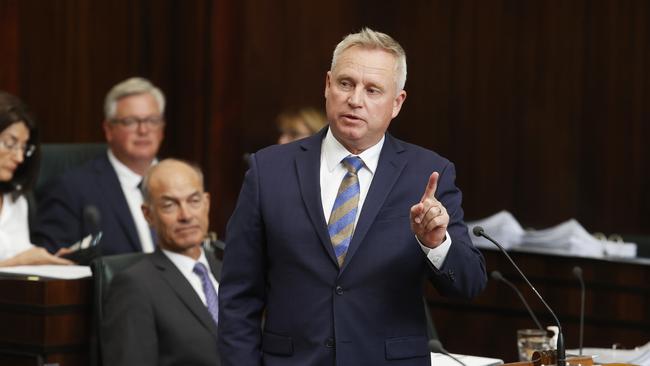
For the Premier, it wasn’t so much a blinding light as a statement of the blindingly obvious. Eslake warns that if the budget doesn’t return to surplus, state debt will rise to 25 per cent of the state’s domestic product by 2035. That would put Tasmania in the same league as Victoria, which set alarm bells ringing, obviously.
The Covid pandemic was the pretext for an unprecedented expansion of government during peacetime.
The ranks of state and federal public servants increased by 23 per cent between June 2019 and June 2024. The wage bill increased by 39 per cent.
Tasmania’s run of fiscal deficits highlights the danger of electing governments that feel compelled to keep busy. Its financial position can’t be blamed on factors beyond the government’s control.
On the contrary, the mess was almost entirely of the government’s own making.
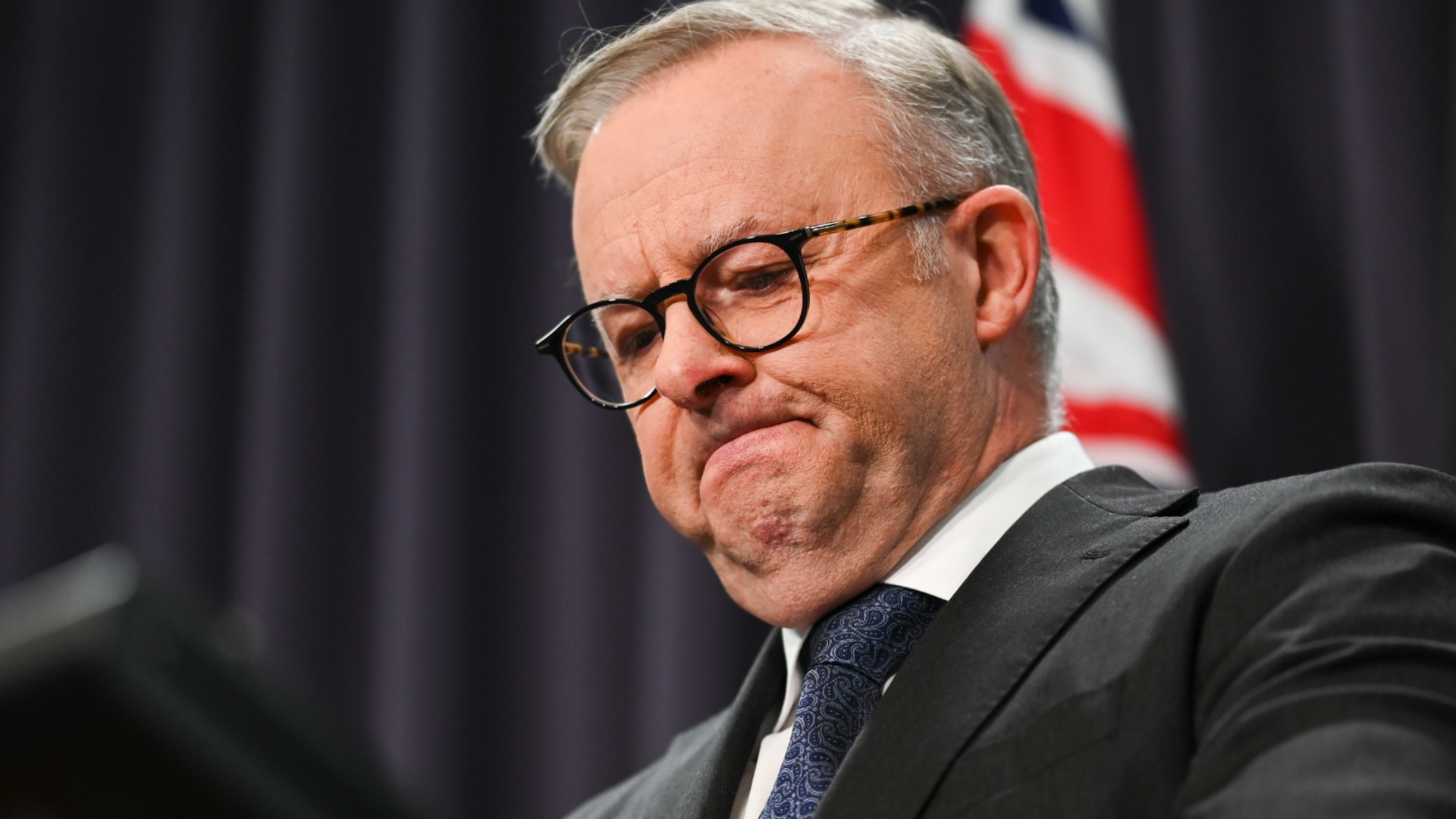
Eslake calculates that policy decisions worsened the net operating balance by a cumulative total of $5.5bn across the six years to 2022-23.
“In other words, if the government had not made any ‘policy decisions’ during this period, all else being equal, the general government sector would have recorded net operating surpluses,” he writes.
The message was not lost on Rockliff, who told parliament last week: “I firmly believe governments should not be judged by the number of laws they create and regulations they impose. Indeed, it should be the exact opposite. People want government out of their lives.”
It was too much for Greens leader Rosalie Woodruff.
“You just want fewer laws,” she said. “This is a pathetic far-right virtue signalling on your part, and we are honestly embarrassed for you. Will you put this reckless, radical rhetoric behind you and commit to approaching legislation like a sensible adult? Or will this parliament have to spend the rest of the term supervising you like a babysitter?”
The Tasmanian government had fewer than 45,000 public servants on its books at the start of the pandemic. Their ranks had swelled to 55,000 by June 2024.
How the extra 10,000 occupy their working day isn’t clear but we have it on the authority of Greens state MP Cecily Rosol that the work of every one of them is vital.
“There is no such thing as a non-essential position,” Rosol told the Tasmanian parliament on Wednesday.
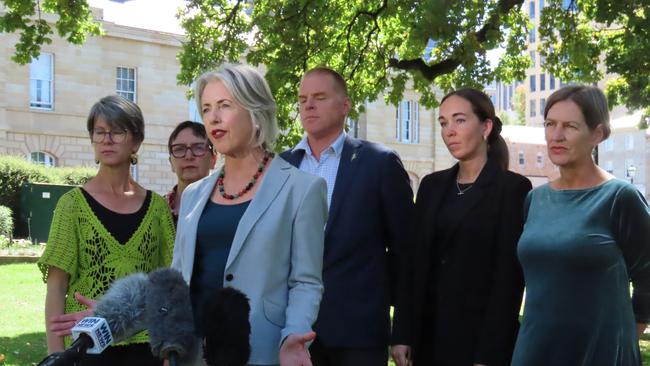
Since Rosol is a former nurse, it’s not hard to understand her anger at the Liberal state government’s hiring freeze on ancillary staff. Yet Rosol wasn’t just referring to frontline staff. In her mind, the salary of each and every bureaucrat is sacred.
“Administration staff create pathways for good organisation,” she told parliament. “Managers see the big picture.”
Woodruff and Rosol illustrate the mindset Peter Dutton must overturn if he is to fulfil his promise to reduce the size of the bureaucracy. The screeching won’t come only from the Greens.
These days Labor’s rusted-on supporters are likelier to be members of the laptop class than the working class. Anthony Albanese has rewarded them richly since he became Prime Minister. Between June 2022 and June 2024, the Australian Public Service workforce grew by 44 per cent. Sadly, that’s not a typo.
Albanese inherited a workforce of 254,000 that had grown to 365,00 by last June according to Australian Bureau of Statistics data. The wage bill rose by 52 per cent from $24.5bn to $37.3bn.
Dutton and his Treasury spokesman, Angus Taylor, have their work cut out. Dutton is on safe ground in targeting 36,000 public service jobs in Canberra, which is the civic equivalent of Collingwood – loved by a few, hated by many.
Nevertheless, Labor’s Assistant Employment Minister, Andrew Leigh, leapt to the bureaucrats’ defence citing a backlog of claims at the Department of Veterans Affairs to justify keeping the bureaucrats in jobs. Yet few, if any, jobs are likely to be lost in Veterans Affairs, which employs fewer than 750 people in Canberra.
Redundancies are likelier to occur in the Health Department, an agency dedicated to administration rather than service delivery. The number of public servants in the department increased by 25 per cent from 5693 to 7135 in the first two years of the Albanese government.
By way of comparison, staff numbers increased by a mere 11 per cent in the first two years of the pandemic.
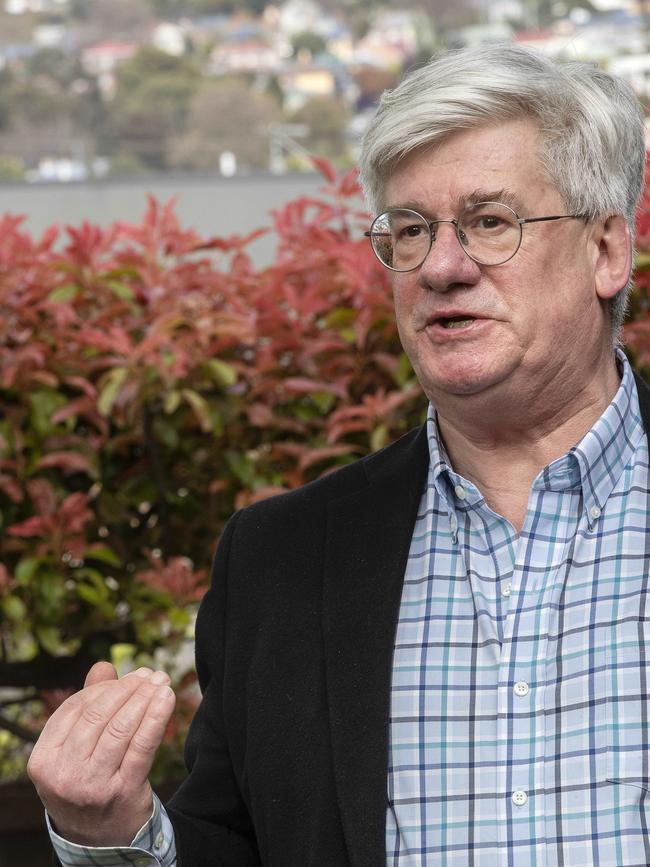
Labor’s problem is that it has become as indebted to the public service as it is to the unions. It relies on the votes of those on the government’s payroll to make up for the falling number of Labor supporters who aren’t.
Finance Minister Katy Gallagher had no choice but to stand up for the right of public servants to work from home last week after the Coalition had pledged to drive the bureaucrats back to the office.
“The feedback I get from managers and from individual employees is positive,” she said. “It allows them to balance their other responsibilities and still perform their work.”
Gallagher’s comments may shore up her vote as an ACT senator but they are poison to those in jobs where things are done rather than merely administered.
Those who work from home are primarily managers and professionals, not the people who fill and empty warehouses, dig holes, pour concrete or supervise checkout counters.
It is their votes Labor is about to lose at the next election.
Labor’s new heartland is in the inner-metropolitan areas and clusters around universities. Its primary constituency is the people Philip Roth ironically called “deep thinkers” in his 1997 novel American Pastoral: “People who’d never manufactured anything or seen anything manufactured, who did not know what things were made of or how a company worked, who, aside from a house or a car, had never sold anything and didn’t know how to sell anything, who’d never hired a worker, fired a worker, trained a worker, been fleeced by a worker – people who knew nothing of the intricacies of the risks of building a business or running a factory but who nonetheless imagined that they knew everything worth knowing.”
Nick Cater is a senior fellow at the Menzies Research Centre.


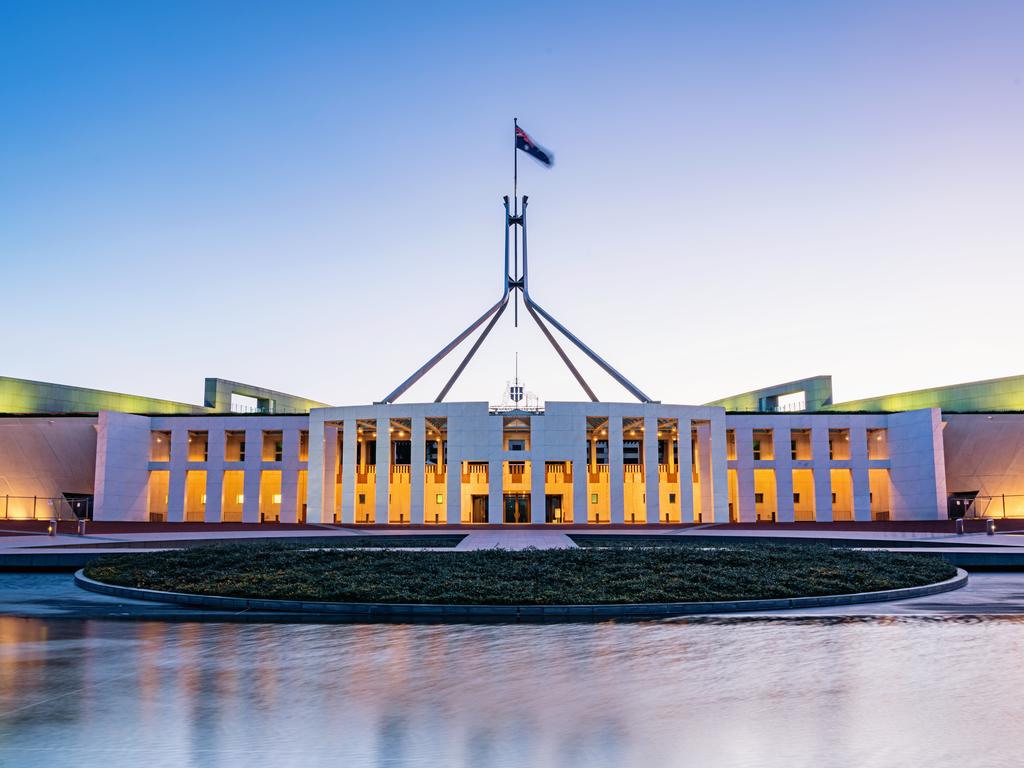

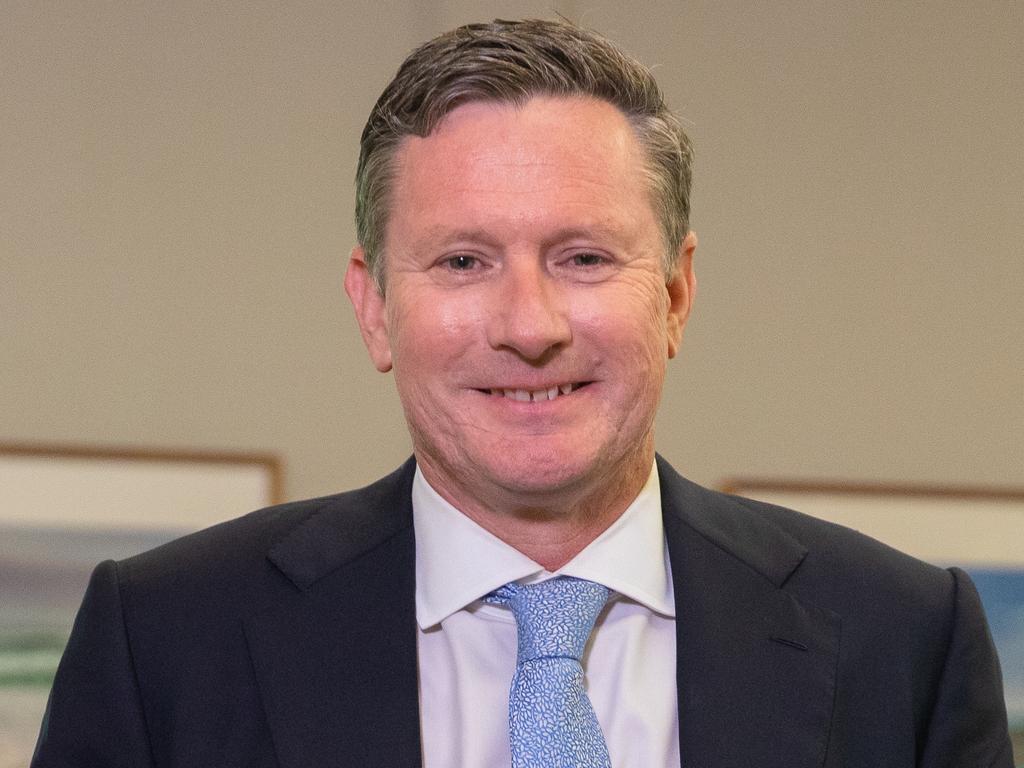

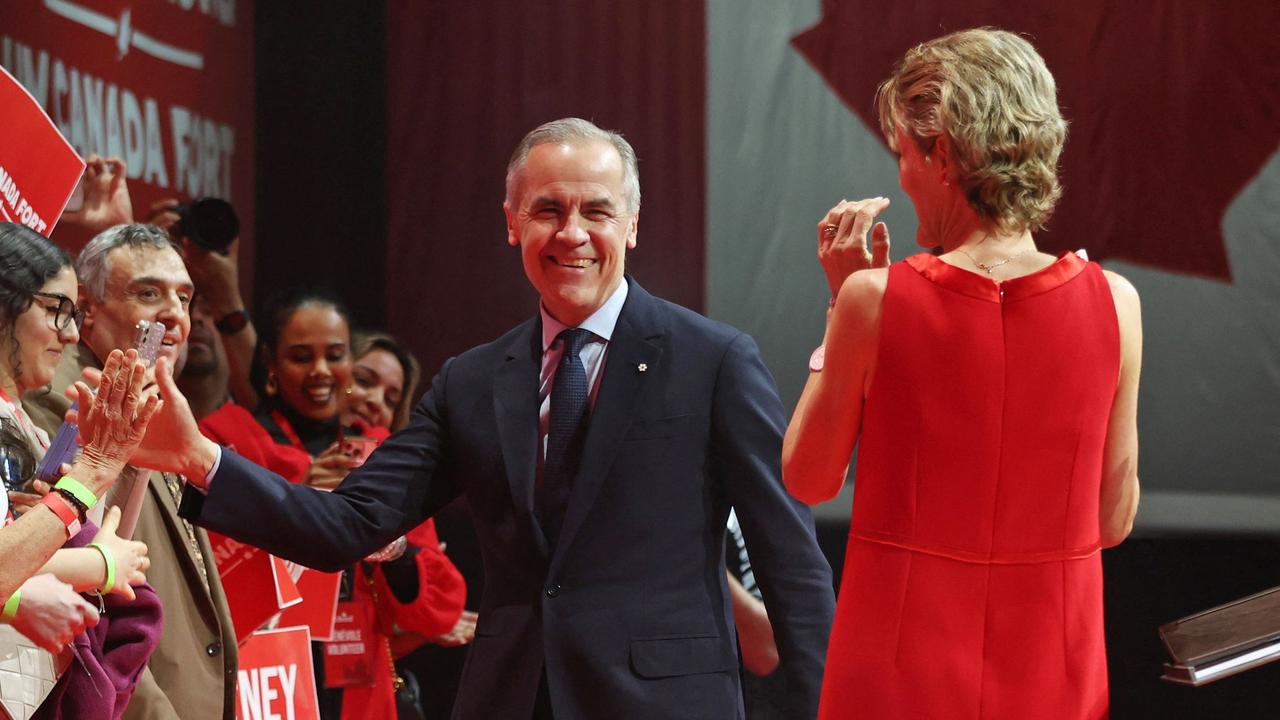
The conversion of Saul of Tarsus was triggered by a flash in the sky and a voice from heaven on the road to Damascus. Jeremy Rockliff’s damascene conversion was prompted by economist Saul Eslake’s report of Tasmania’s state finances in 2024.